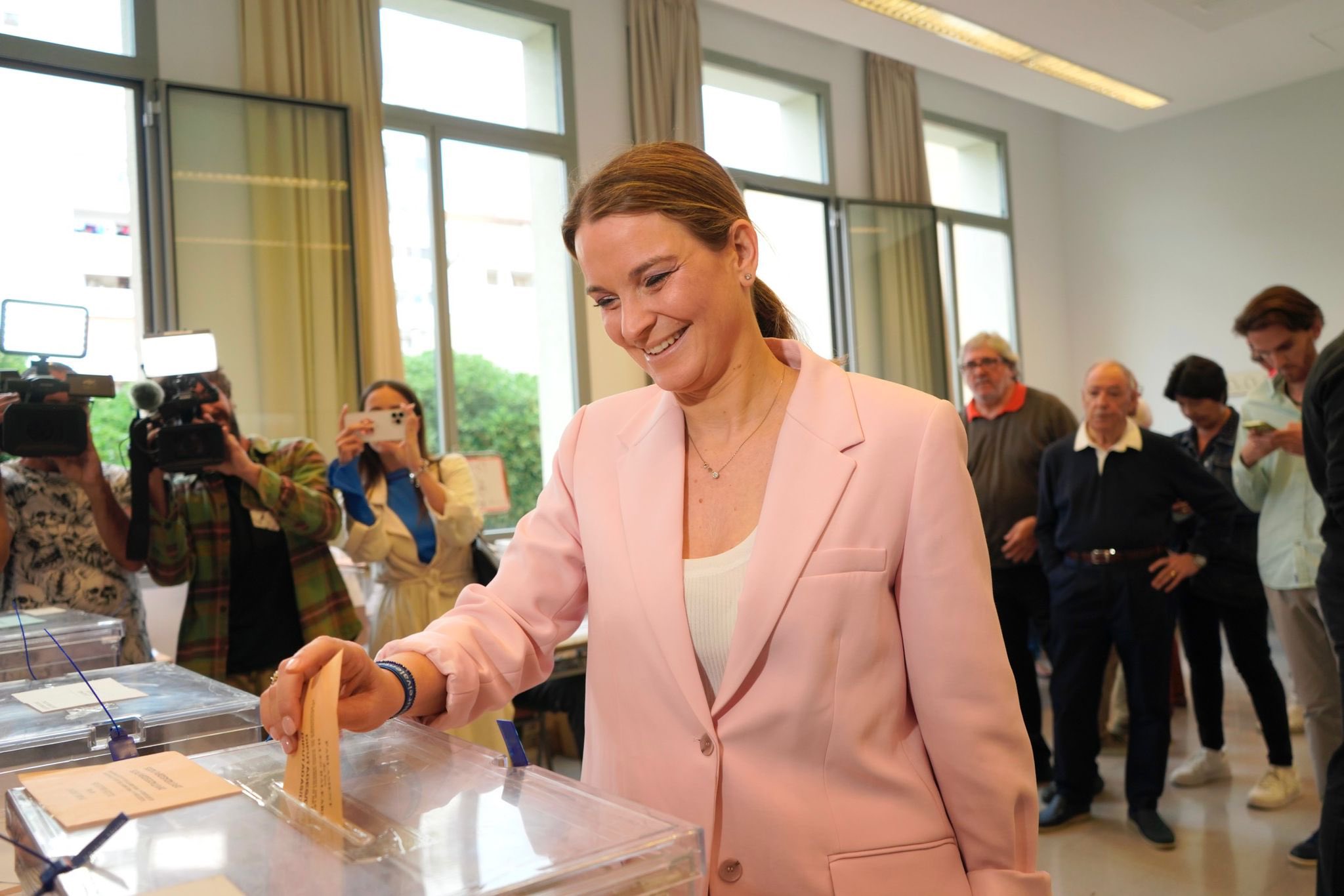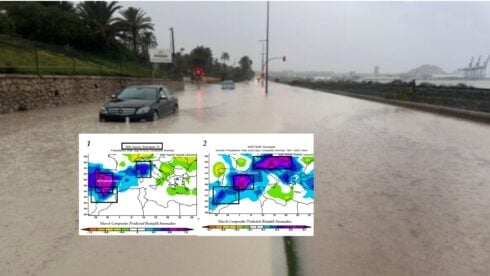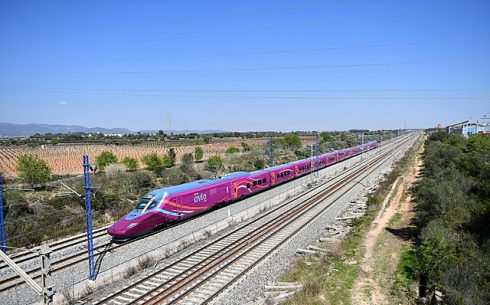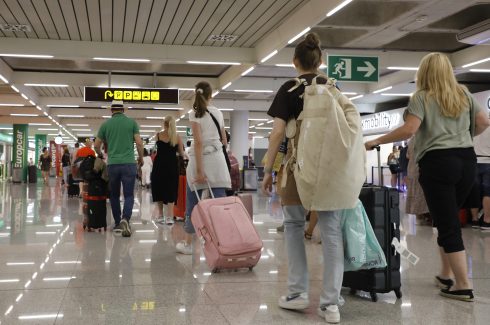THE CONSERVATIVE Popular Party was the winner in the Balearic Islands on Sunday, taking the most seats in the regional elections. The group did, however, fall short of a majority and is likely to have to depend on far-right Vox in order to form a government.
“People have called for change, and we are the change,” said the PP’s candidate for regional premier, Marga Prohens, after the result became clear.
The victory is the PP’s first in eight years, and will see an end to the leftist coalitions that have governed the islands since 2015 led by Socialist politician Francina Armengol.
The PP took a total of 25 seats, which is five short of the 30 needed for a majority in the regional assembly. Vox, meanwhile, took eight, meaning that a coalition deal or a confidence-and-supply arrangement are both on the cards.
The PP took nine more seats on Sunday than at the 2019 elections, while Vox gained five.
The Socialist Party lost one seat, from 19 to 18, while leftist Unidas Podemos suffered even more, going from six seats to just one.
Centre-right Ciudadanos had a disastrous night, and lost all representation in the assembly. Regionalist El Pi (Proposal for the Islands) also lost all of its seats.
According to Spanish daily La Vanguardia, Marga Prohens is seeking to form a minority government without having to depend on Vox – the party’s abstention at her investiture ceremony would be enough for this to happen. Prohens could then seek support for legislation and her budget on an ad hoc basis.
The leader of the Vox party in the Balearics, Jorge Campos, has reportedly already communicated his willingness to negotiate with the PP.
Far-right demands
But Spanish daily El Diario has reported that the far-right party’s demands include a reduction in the use of the Catalan language and the closure of the regional public television station.
The regional and municipal elections held on Sunday followed a similar pattern to the results of the Balearic region, with the PP and Vox making gains at the cost of the Socialists. Unidas Podemos and its affiliate parties suffered greatly, while Ciudadanos fared so badly that it has decided not to run in the next general election.
That general election will take place on July 23, after Spanish Prime Minister Pedro Sanchez surprised everyone by calling the snap poll on Monday given his party’s poor faring. The general election was due to be held in December.
Read more:
- Explainer: What will Spain’s first summer general election mean for voters?
- PP obtains over 26% more councillors across all Andalucia while PSOE collapsed on May 28 elections
- Spain shifts to the right at 2023 local elections
Click here to read more Balearic Islands News from The Olive Press.








